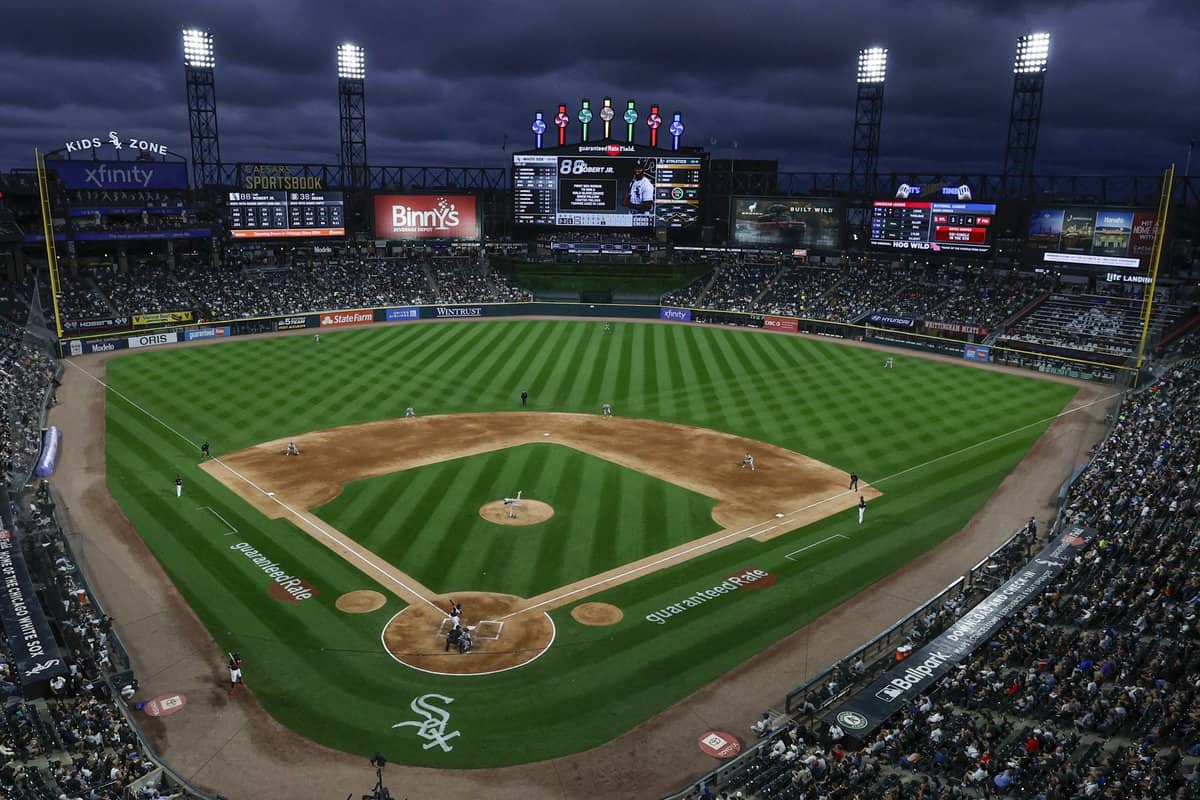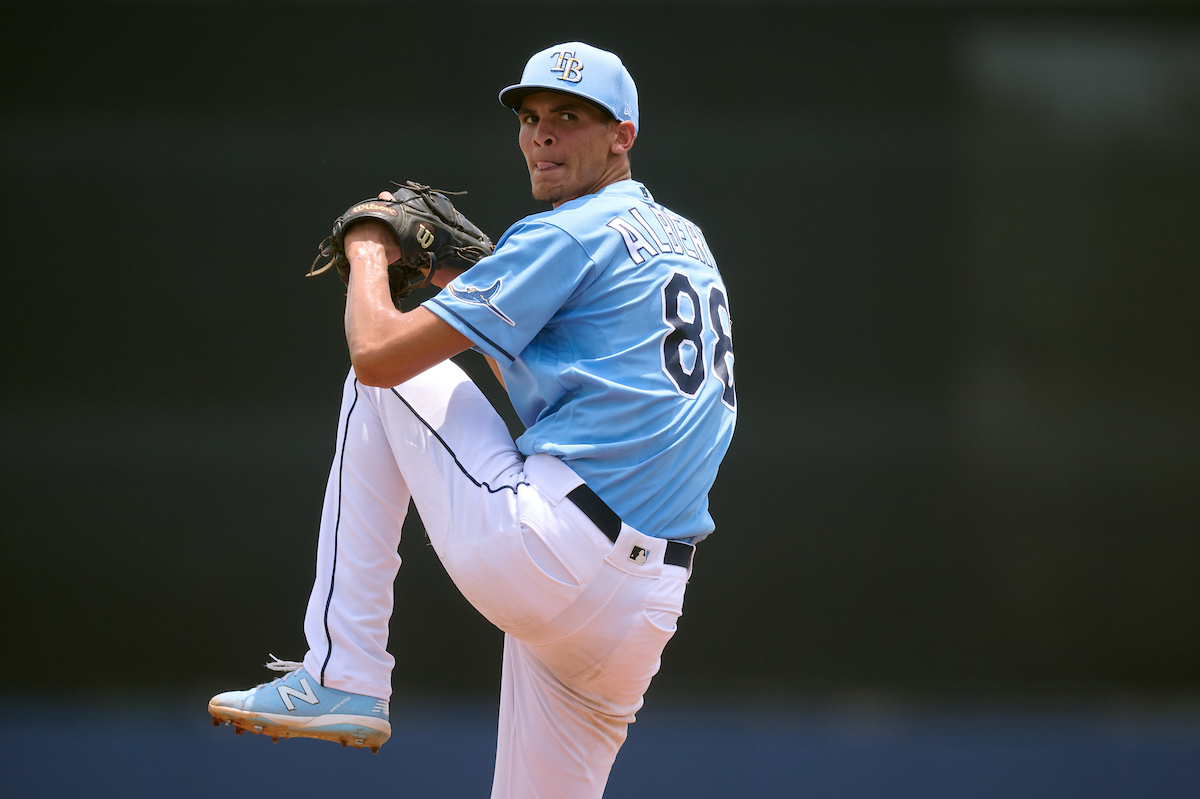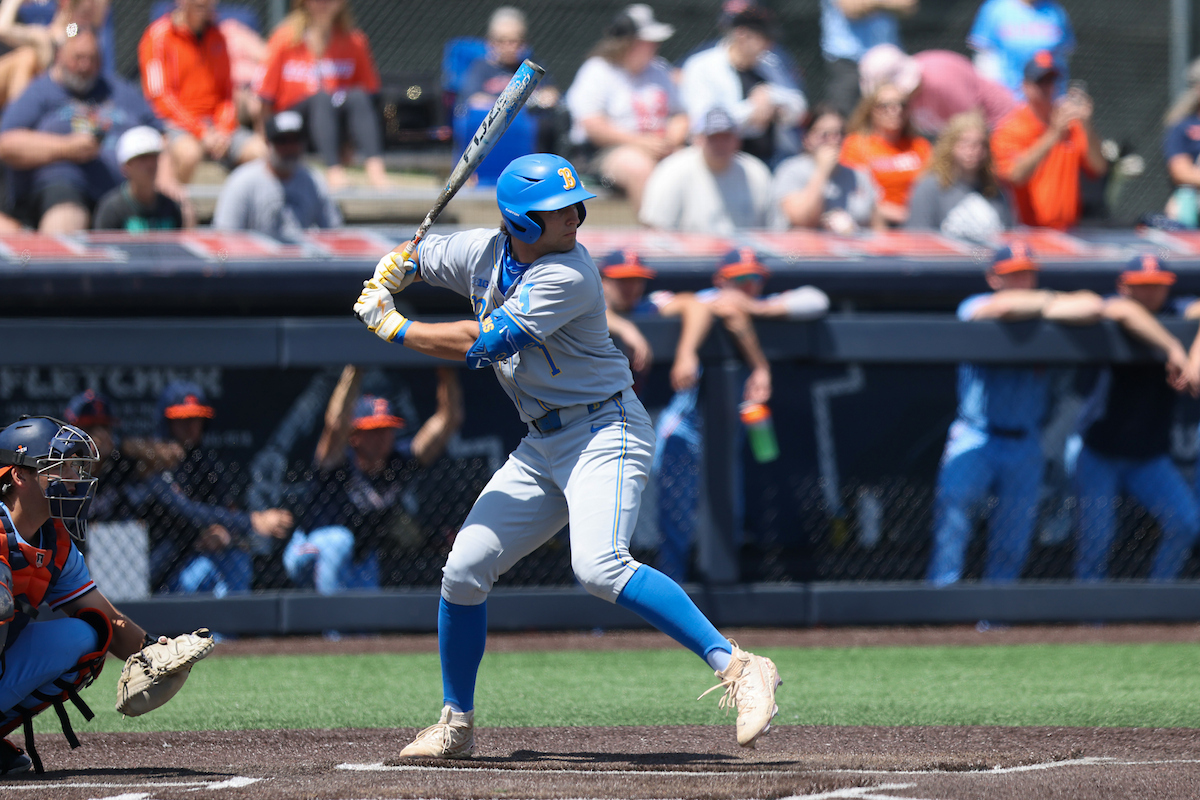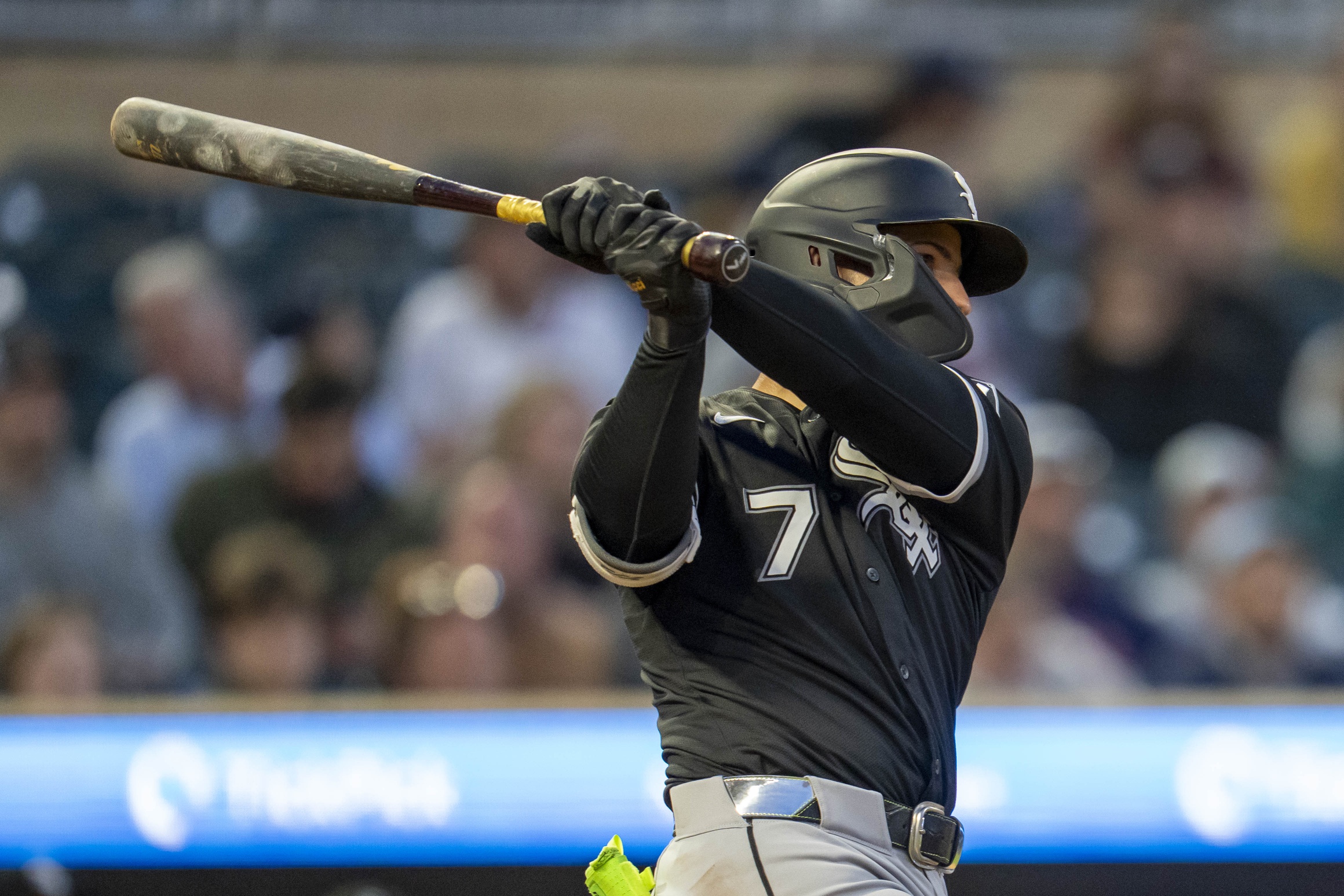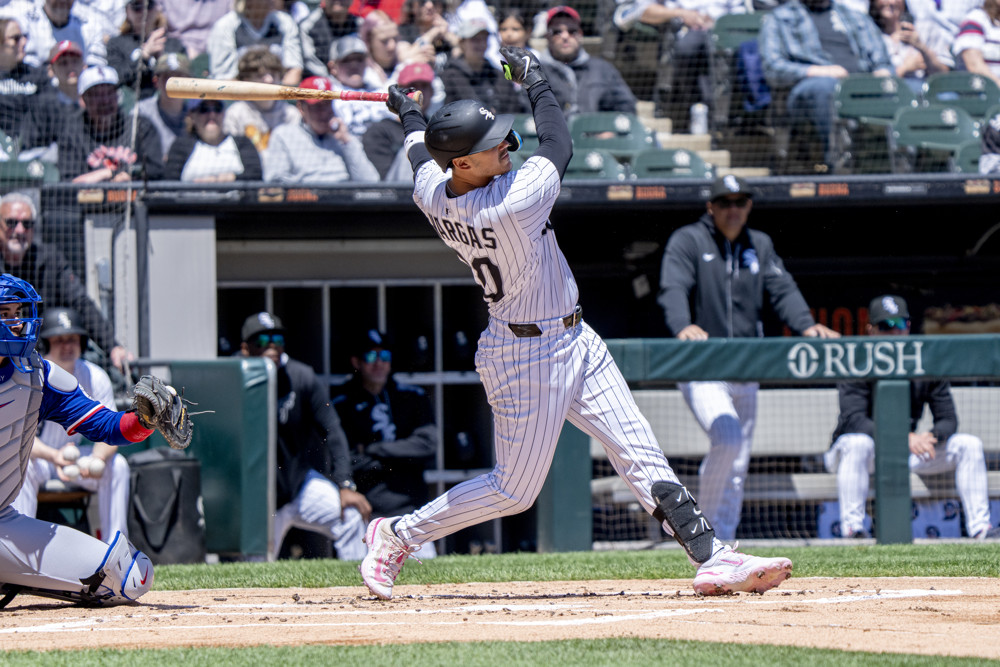The bizarre shooting incident at Guaranteed Rate Field on Friday night remains unresolved. Also up for speculation and debate? Whether the White Sox should have stopped the game.
According to a police report obtained by the Chicago Tribune, a Chicago police commander "told the Sox at 8:12 p.m. that Chief of Patrol Brian McDermott wanted the Sox to stop the game for public safety reasons, but play continued."
That sounds dangerous and without regard for the safety of their customers, but Jon Greenberg talked to a Connecticut-based attorney who advises teams and venues on safety, and he warned about unintended consequences of suddenly clearing out an entire park:
[Steven] Adelman said he thought it was the right decision to keep the game going if police believed there was no imminent threat.
“This is a conversation which I have had in different contexts,” he said. “Exercising ‘show-stop authority’ yields a whole bunch of other unintended consequences. Now you have fans who are angry, confused, frightened, all of which is a deviation from what they thought would happen. And when you surprise people and scare them, suddenly rational people whose actions are foreseeable turn into irrational people who do things that you didn’t expect. That is a much bigger public safety problem.”
When you watch the video of the section, the alarm does look remarkably contained.
So, the question comes down to whether the White Sox, their security and Chicago police truly could determine there was no active threat, or whether they were just lucky with a guess. I'm still withholding judgment, because while they're such a poorly run organization in most other regards, I'm not prepared to be so cynical that I'd think the White Sox would risk human lives for a little more concession money from a decent-sized crowd watching two teams with nothing to play for.
On the White Sox's baseball-related predicament
Before shots were literally fired, the national baseball writing world was taking aim at the White Sox's player development as they reviewed the overly long tenure of Kenny Williams and Rick Hahn.
Keith Law doesn't hate the White Sox, but the franchise has reached a state where a simple recitation of results, timelines and processes provides an accurate simulation of loathing. Law approached the firings of Williams and Hahn from a player-development standpoint, noting in paragraph after paragraph how the White Sox were very, very bad at it.
The biggest and most consistent problem is that the White Sox have struggled to develop their own talent. The 2020 roster had just one regular position player drafted and developed by the White Sox, Tim Anderson, while none of their five primary starting pitchers were White Sox draftees. Of 60 games, just four were started by players they drafted – two each by Carlos Rodón and Jonathan Stiever. In 2021, the last time the White Sox made the playoffs, they had two more homegrown players in the lineup – Andrew Vaughn, drafted in 2019; and Luis Robert, signed as an international free agent – and received 27 starts from homegrown pitchers, 24 from Rodón and three from Jimmy Lambert. They got 15.6 WAR total from players who began their pro careers in the White Sox’s minor leagues, whether via the draft or international free agency, a very low total for a team that won 93 games. (I’ve omitted José Abreu, who was already a star in Cuba when he signed with the White Sox at age 27.)
He goes as far back as Buddy Bell's complete mishandling of Courtney Hawkins' career, which you can do with the White Sox because they made so few changes to the front office over the last decade. It's a comprehensive accounting, and an excellent thing to link to for posterity, a quick "how we got here" on the player-development side, which happens to be the purview of front-office front-runner Chris Getz.
Meanwhile, at FanGraphs, Michael Baumann does a good job of informing the general baseball audience about Reinsdorf being the root of all the White Sox's problems, and how much of a(n AL Central) force they could be without him.
There’s no structural reason the White Sox can’t be successful. They have history and branding half the league would kill for. They play in the third-largest media market in the U.S., and though they share it with a richer and more popular neighbor, if Houston and Philadelphia and Toronto can spend enough to put out a winning team, so can the White Sox. Most important, they play in the easiest division in baseball, where the last-place club in the AL East would have a decent shot at winning the division.
They’re also lucky enough to have an owner, Jerry Reinsdorf, who cares whether the team wins. Not every team can say the same. Unfortunately, Reinsdorf seems to care how the White Sox win.
That last concept always needs to be appended to any allegations that Reinsdorf wants to win, and assumptions that losing makes Reinsdorf miserable. It's another form of the famous-to-me Cigar Aficionado quote about Reinsdorf's m.o. from 1995: "Throughout the fall and winter, he was still driven by the dream: to create a World Series winner in a business climate that made sense to him."
Baumann piggybacks on a terrific essay from Steven Goldman at Baseball Prospectus, about the way Reinsdorf's loyalty only enabled in a front office that never felt inspired to actually solve problems.
While trying to get one more ring for the owner before he goes the way of all flesh has generally been a strategy that provokes little more than panic moves—just ask anyone around for approximately four decades of Angels baseball under Gene Autry (weirdly, it was better than Angels baseball under Arte Moreno, but it still wasn’t good.)—Williams-Hahn consistently demonstrated the lack of urgency for which Viciedo is emblematic. As a result, no matter what the ostensible plan was, some combination of wishful thinking and a lack of depth resulted in constipating daily doses of Adam Engel and Leury García. They were always breaking glass and getting hit in the face with a pie.
Complacency and whistling through the woods as a strategy was ever the non-plan plan, Williams-Hahn acting as if Reinsdorf has the prostate of a much younger man. In 2017, the Sox received a terrific .330/.380/.506 season from Avisaíl García, but that doesn’t necessarily excuse the .257/.310/.388 seasons they waited through—from a corner outfielder/designated hitter—to get it, not to mention what they received after. They pretended Yolmer Sánchez’s glove was good enough to carry his bat for most of a decade.
(I cut off that paragraph before he mentions Alejandro De Aza in the same sentence as Adam Dunn. De Aza was fine for what he was, but because he was actually adequate, the Sox then needed him to be good.)
On Pedro Grifol
Listening to the first hour of Bernstein & Holmes on 670 The Score on Wednesday, Leila Rahimi asked the eponymous pairing, "How on Earth did Pedro Grifol survive this? Just timing of the contract?"
Laurence Holmes responded, "I made a reference to our old colleague Jimmy Piersall, [in soft, high-pitched voice] 'He's an ass-kisser!' If you ask anyone, Pedro's a survivor, and he's been surviving by kissing ass for a really long time."
Holmes isn't alone. Greenberg said the same thing in an indirect way by likening Grifol to famous Bulls coaching failure Jim Boylen. If you don't follow the Bulls, you missed a hilarious era, but Boylen basically survived a disastrous first impression into an equally dopey second season because he excelled at flattering his bosses.
Right on cue, here's Grifol on Chris Getz.
“He’s extremely articulate, he’s smart, he’s been around,” said Grifol of Getz. “He’s got experience. Player development really prepares people to do this type of stuff. He’s got experience in the clubhouse as a player, and as an executive. He’s well-equipped to do what he’s being asked to do.
“Even as a player, you can tell he had characteristics of becoming an executive at some point if he chose to go that route. And then when he got into the front office, I know he was highly regarded as a young executive. He’s certainly equipped to do what he’s being asked to do by Jerry right now.”
Grifol catches my intention whenever he invokes Reinsdorf directly. It brings to mind the way he snapped at reporters about his lineups back in June:
At the time, it was strange that Grifol got so pissy about a standard question, but it was stranger still that he instructed people to escalate complaints above the boss of his boss.
When searching for the exact wording of that quote, I came across a story I missed about Grifol serving his suspension inside Reinsdorf's suite at Guaranteed Rate Field.
“That saying that the farther you are away from the game, the slower it is or the easier it gets? It looked pretty slow and pretty easy from up there,” Grifol said before Tuesday’s game. “It was pretty nice. I was able to see a lot of things that I think are really important for our growth, fundamental things that we probably need to address."
Two weeks later, Hahn and Williams were abruptly fired. Grifol remains, and supposedly safe for the 2024 season despite showing no particular acumen for the job whatsoever.
Except for the part about managing upward. He appears to be Boylen-great at that part.
Speaking of which, here's Grifol on Reinsdorf:
“[Reinsdorf is] a big-time competitor,” Grifol said. “He wants to win. He wants to set this thing up right. That’s what we’re in the process of doing.”
"That's what we're in the process of doing." Good Harry Lord. Maybe he's Harold Hill after all.
